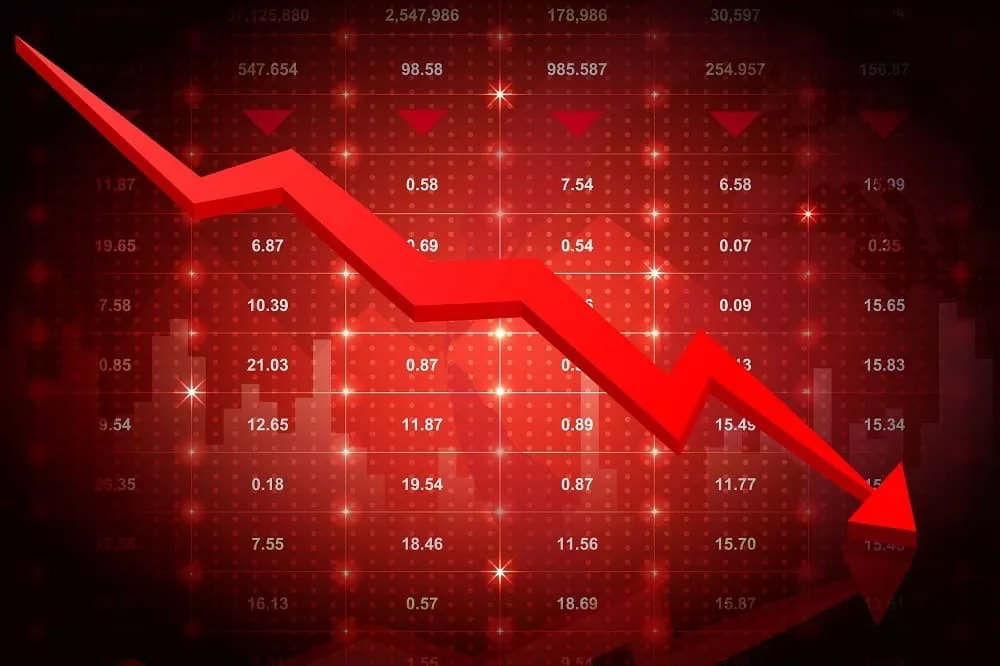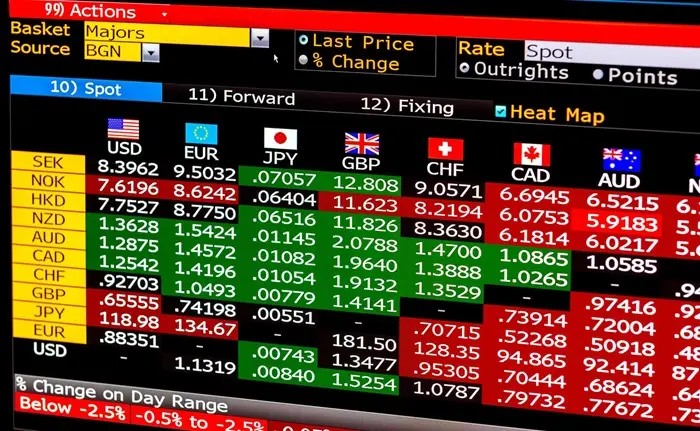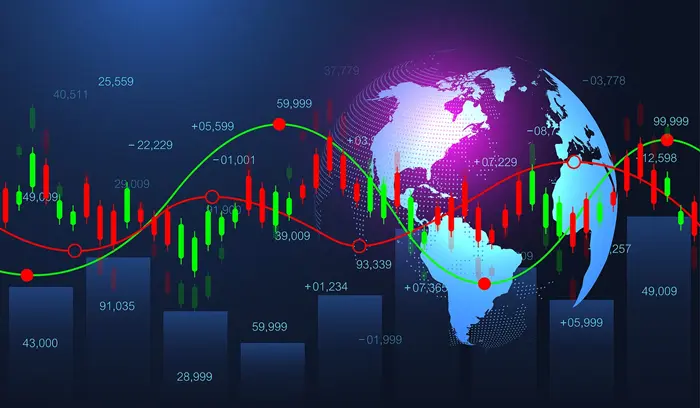In the world of finance and investing, there is often an air of mystery around where the wealthiest and most influential people are putting their money. Politicians, due to their unique position and access to crucial information, are often of particular interest when it comes to tracking their stock purchases. Many believe that if you can discover the stocks they are buying, you can gain insight into market trends, opportunities, or even follow their lead in investing.
In this article, we will explore how you can see what stocks politicians are buying. We will look at the legal and ethical frameworks surrounding such information, how to access these records, and the tools available to assist investors in tracking political stock activities. The goal is to provide a clear and comprehensive guide to understanding this area of financial analysis.
Legal and Ethical Framework of Politician Stock Trades
Before diving into how to see what stocks politicians are buying, it is essential to understand the legal and ethical framework that governs their stock trading activities. Politicians are subject to specific rules and regulations designed to promote transparency and prevent conflicts of interest.
Insider Trading Laws
The cornerstone of regulations governing politicians’ stock trades is the prohibition of insider trading. Insider trading occurs when someone with access to non-public, material information about a company buys or sells stocks based on that information. Politicians, as public servants, are forbidden from using information they acquire in their official capacity for personal gain.
To ensure transparency and fairness, political figures must report their stock purchases, sales, and other financial transactions to the relevant authorities. This helps create a paper trail that can be examined by the public and regulatory agencies to ensure compliance with the law.
The STOCK Act
In 2012, the United States passed the Stop Trading on Congressional Knowledge (STOCK) Act, which explicitly requires members of Congress and other high-ranking government officials to disclose their stock trades within 45 days of the transaction. This law was created to prevent conflicts of interest and ensure that elected officials do not profit from confidential information gained through their position.
While the STOCK Act is specific to U.S. politicians, other countries have similar regulations that require politicians to disclose their stock trades publicly. These disclosures are often made through official filings or government reports.
Where to Find Politician Stock Trading Information
Now that we have established the legal framework, the next step is understanding where to find the information about the stocks politicians are buying and selling. There are several platforms and methods available for tracking these transactions.
1. Public Disclosures
The most straightforward way to track what stocks politicians are buying is by examining their public disclosures. In the U.S., these disclosures are required by the STOCK Act and can be accessed through various government websites.
Congressional Financial Disclosures: Members of the U.S. Congress are required to file annual financial disclosures that include their stock holdings and any transactions. These reports are made publicly available through the U.S. House of Representatives and U.S. Senate websites.
Federal Election Commission (FEC) Filings: Politicians running for office must also file periodic reports with the FEC. These reports can provide insights into their financial activities, including stock trades.
Executive Branch Financial Disclosures: High-ranking government officials in the executive branch, including the President and Vice President, also have to file financial disclosure reports. These disclosures may contain details on their investments.
2. Websites and Databases
Several online platforms provide easy access to the public disclosures of politicians. These websites aggregate information from various government sources and present it in a user-friendly format.
OpenSecrets.org: Run by the Center for Responsive Politics, OpenSecrets is a non-profit organization that tracks the financial activities of U.S. politicians. It provides detailed reports on politicians’ stock trades, investment portfolios, and financial disclosures.
Senate Financial Disclosures (Senate.gov): The official U.S. Senate website provides access to the financial disclosures of all senators, including their stock trades.
House Financial Disclosures (House.gov): The U.S. House of Representatives website provides similar disclosures for members of the House.
Politico and Bloomberg: News websites like Politico and Bloomberg often publish articles that analyze the stock trades of politicians, especially those in the highest offices.
These platforms collect data from public filings and present it in an easily digestible format. They may also offer tools to help users track specific politicians or search for transactions based on industry or company.
3. Professional Tools and Databases
If you are a professional investor, financial advisor, or analyst, you may want access to more advanced tools that allow for in-depth research on political stock trading activity. Several paid databases and software platforms offer robust tracking and analysis features.
FiscalNote: FiscalNote is a comprehensive platform that provides access to government data, including financial disclosures from politicians.
Whispering Whale: This service monitors stock trades and insider activities, including those of politicians. It provides data analytics and offers insights into trends and behaviors of influential figures.
These tools typically require a subscription or membership but can be invaluable for investors who want to track political stock trades in real-time.
How to Analyze Politician Stock Trading Data
Once you have access to information about what stocks politicians are buying, the next step is to analyze the data. Not all trades are significant or worthy of attention, so understanding how to interpret the data is key.
Look for Trends in Stock Purchases
One way to interpret politician stock trades is by looking for trends. For example, if a particular politician consistently buys stocks in the healthcare sector, it may indicate that they have insights into upcoming legislation or regulatory changes that could benefit healthcare companies.
However, it’s important to note that not every trade is based on inside knowledge. Politicians, like any other investors, are allowed to make purchases based on publicly available information. Therefore, it’s essential to compare the timing of trades with news events, policy announcements, and other public information.
Watch for Large Transactions
Large transactions or trades made by high-profile politicians can be a red flag. If a significant politician buys or sells a large number of shares in a particular company, it might signal that they know something that the general public doesn’t. These large transactions can attract media attention, which can influence the stock price and affect market sentiment.
Use Data to Predict Market Movements
Some investors use politician stock trades as part of their investment strategy. They look for patterns in what politicians are buying and selling and then use that information to make decisions about their investments. If a well-known politician with expertise in the energy sector buys a substantial amount of stock in a renewable energy company, it might indicate that the company is poised for growth.
Consider the Timing of the Transactions
The timing of a stock trade is another critical factor to consider. Politicians may make purchases or sales ahead of major announcements or events, such as legislative votes or policy changes. Tracking the timing of these trades can provide valuable insights into potential market-moving developments.
Potential Risks and Ethical Considerations
While tracking what stocks politicians are buying can provide valuable insights, there are several risks and ethical considerations to keep in mind.
Conflicts of Interest
It is important to remember that politicians are subject to potential conflicts of interest. Even with the STOCK Act and other regulations in place, there may be cases where politicians use their influence to benefit financially. This is why transparency is so important, and why it is essential to monitor and scrutinize their stock trades.
Insider Information
While insider trading laws aim to prevent the misuse of non-public information, it is challenging to completely eliminate the risk of insider trading. Politicians often have access to a wealth of information through their positions, and distinguishing between legal trades and those that could be based on inside knowledge is not always straightforward.
Public Perception
Finally, there is the issue of public perception. If it becomes widely known that a particular politician is making large profits from stock trades, it could raise questions about their motives and integrity. Investors should approach political stock trading data with caution and avoid jumping to conclusions based solely on these trades.
Conclusion
Tracking what stocks politicians are buying can provide valuable insight into market trends and opportunities. However, it is essential to approach this information with care, ensuring that it is gathered from reputable sources and analyzed ethically. The legal frameworks, such as the STOCK Act, help ensure transparency, but it is up to investors to use this data responsibly.
By understanding where to find political stock trading data, how to analyze it, and the potential risks involved, investors can make more informed decisions and perhaps gain an edge in the market. However, they should always be cautious of relying too heavily on any single piece of information and remember that sound investment strategies are based on careful research and broad market knowledge.
Related topics:




























